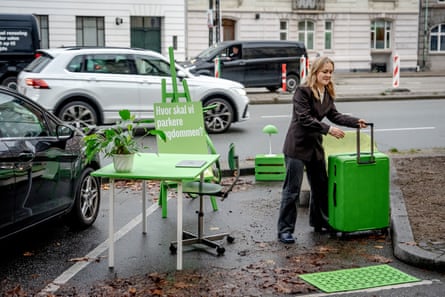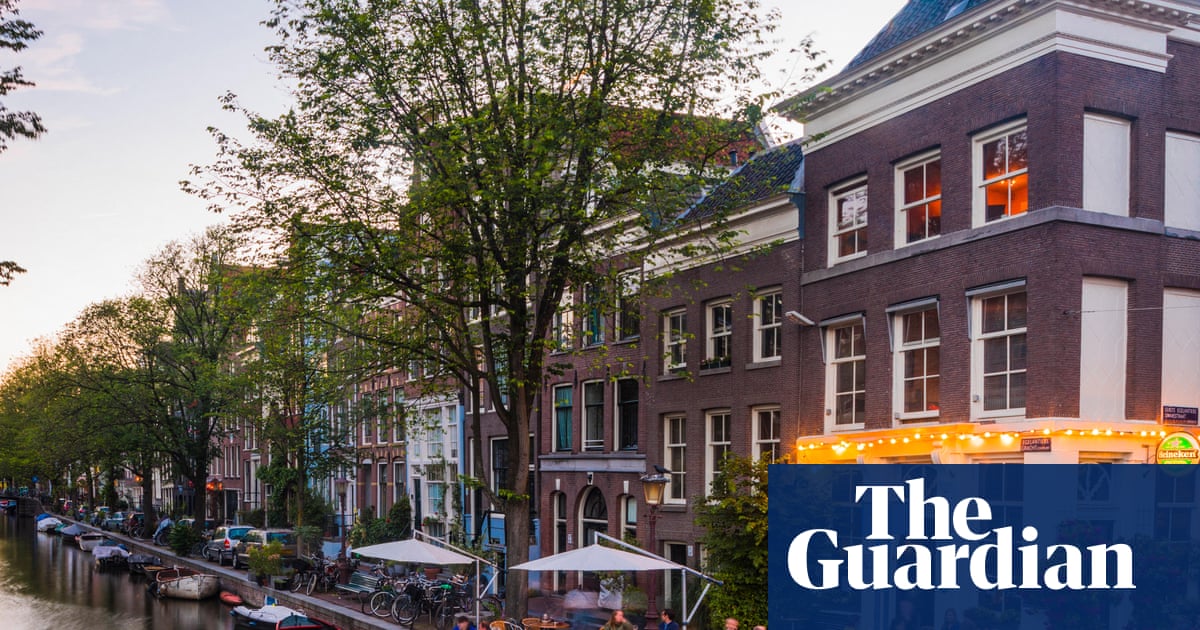The centre-left could lose control of Copenhagen for the first time in the city’s electoral history as residents of the Danish capital go to the polls amid growing disillusionment with the divisive politics of the prime minister, Mette Frederiksen.
Frederiksen’s Social Democrats have ruled the city for more than 100 years - producing every lord mayor that the municipality has had since the current system was introduced in 1938.
But on Tuesday, as Denmark votes in municipal and regional elections, polls suggest the most probable result is a loss for the party’s candidate, a former government minister understood to have been handpicked by the PM.
Among the reasons cited by analysts are fatigue and frustration with Frederiksen’s hardline policies on issues such as integration and immigration, which have partly inspired a new asylum and migration policy unveiled by the British government.
Bent Winther, a political commentator at the Berlingske newspaper, has described the Copenhagen mayoral race as “more open than ever”, noting: “The rustling of history’s wings can be heard approaching city hall.”
Polling earlier this month by Megafon for TV2 had the Green Left (Socialistisk Folkeparti, known as SF), the Red-Green Alliance (Enhedslisten) and the Alternative (Alternativet) in a position to form a left-leaning majority without the support of the Social Democrats.
If this proves correct, among those being tipped to become Copenhagen’s next lord mayor is Sisse Marie Welling from the Green Left.
The Social Democrat candidate, Pernille Rosenkrantz-Theil, a former social affairs and housing minister, is a friend of Frederiksen, with whom she co-owns a summer house.

Karoline Lindgaard, the mayoral candidate for green party the Alternative, said: “The Social Democrats have shifted rightward politically, becoming a rightwing populist party on agendas such as integration, unemployment support and the environment.
“This was a cynical strategic manoeuvre to avoid losing voters to the far right, but it seems, based on polling, that all they have done is prime their own voters to join the far right rather than stay with the Social Democrats.”
Many Copenhageners, she said, felt that the Social Democrats had “let the city down” - citing the 2020 departure of long-standing lord mayor Frank Jensen, who resigned after sexual harassment allegations.
Lindgaard added: “They are on track to worsen the housing crisis, fail the city’s climate goals and further a car centric urban-paradigm.”
Peter Thisted Dinesen, a political science professor at the University of Copenhagen, said it was “very likely” the Social Democrats would lose the capital – as the party’s anti-elite rhetoric may have alienated many in larger cities. In recent years, Frederiksen has sought to see off the threat of the far right by appealing to working-class voters in rural areas.
Although it will vary across the country, Dinesen expects the government’s waning popularity to “rub off” on Social Democrat candidates more broadly.
“There is maybe a bit of fatigue with the Social Democrat government,” he said. “They are increasingly being challenged by other parties. In particular, the Danish People’s party has really amped up their stances on immigration and remigration.”

.png) 3 months ago
48
3 months ago
48

















































